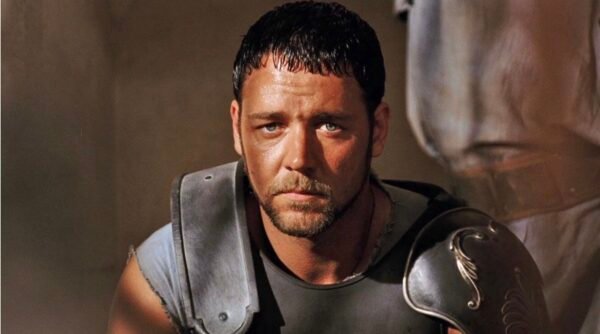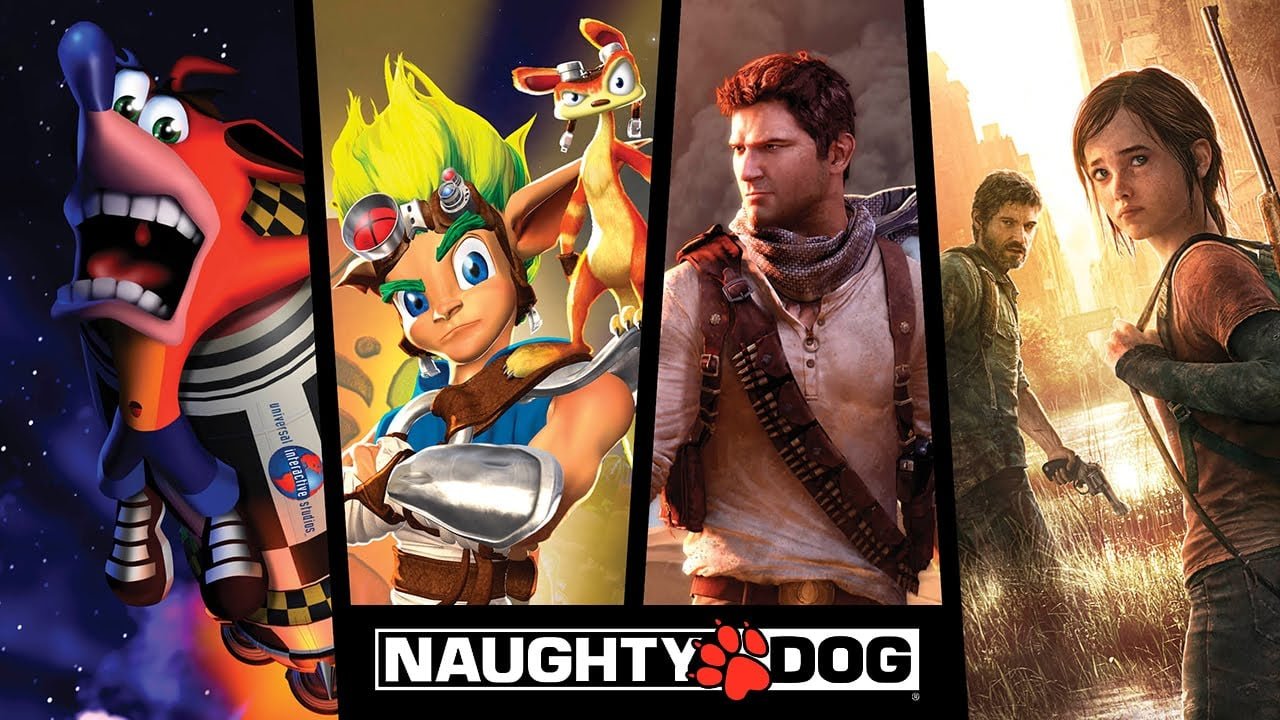Joker – Sympathy For The Villain

Film: Joker
Director: Todd Phillips
Screen time: 122 Minutes
Maturity Rating: 18+
About The Director:
Todd Phillips is a filmmaker renowned for his versatility and innovative storytelling techniques. With a career spanning both comedy and drama, Phillips has consistently pushed the boundaries of cinematic narrative.
Phillips possesses a keen eye for capturing the complexities of human behaviour, often exploring the fragile line between humour and tragedy. His distinctive style and commitment to exploring the human condition make him a formidable force in the world of filmmaking.
Joker – Review
Contrary to popular belief, villains and protagonists are not mutually exclusive. So what happens when a villain becomes a protagonist? Well, you end up with a character like the Joker.
Joaquin Phoenix plays Arthur Fleck, a pathetic loser and loner in Gotham City, sometime in the early 1980s. Arthur is a former inpatient at a psychiatric facility. He has a neurological condition that means he is liable to break into screeching laughter at inopportune moments.
Most of the time, he struggles to make money as a part-time clown. He often encounters street thugs and bullies who find numerous ways to humiliate him.
Tangled within the norms of the cruel society, Arthur does not stop dreaming big. He aspires to be a stand-up comedian and attempts to write jokes in his diary. Caught in between it all, Arthur slowly begins to lose his grip on his sanity.
Starring Joaquin Phoenix, Robert De Niro, Zazie Beetz and Frances Conroy. It serves as a chilling reflection on how a society’s treatment of its most vulnerable members can lead to dire consequences.
Setting/Themes
Joaquin Phoenix is phenomenal in the role of Arthur Fleck. He feels possessed by the part, communing with Arthur’s hurt rage and raw vulnerability.
Moreover, he brings an unsettling authenticity to the character of Arthur Fleck, capturing the complex layers of a man teetering on the edge of sanity.

Nevertheless, the film delves into the consequences of a society that disregards its marginalized citizens. It paints a bleak picture of a world where the vulnerable are ignored and left to grapple with their demons alone.
Whereas the cinematography in “Joker” is a striking and integral element of the film’s success.The use of atmospheric lighting, particularly in the iconic bathroom scene, adds to the film’s tension and unease.
Character Development
Throughout the movie, we see how Fleck struggles through daily life and gets beaten up and laughed at. We also see how society has failed the lower classes. The economy is affecting businesses, the masses are being affected by inflation and poverty
As the film unfolds, viewers witness Arthur’s descent into madness, driven by a society that has failed him, and his gradual embrace of the Joker persona.
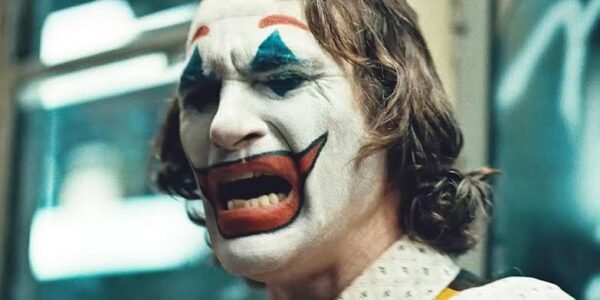
However, the character evolves from a vulnerable and sympathetic figure into a menacing and unpredictable force. The Joker’s emergence is not only a physical transformation but a complete shift in identity and mindset.
Conversely, the climax is a gnarly triumph for the man who has now turned into the Joker, a baptism of blood and fire that brings to mind the political protests that have swept the world.
Portrayal/Message
After all, “Joker” is a harrowing examination of the human psyche and a thought-provoking commentary on the consequences of neglect and cruelty in a fractured society. It’s a film that highlights the most salient conflict of our time, “Man vs Society”.
In addition, what this movie does so well is that it gives the audience a new perspective on his life. It makes the audience question their opinion of the Joker.
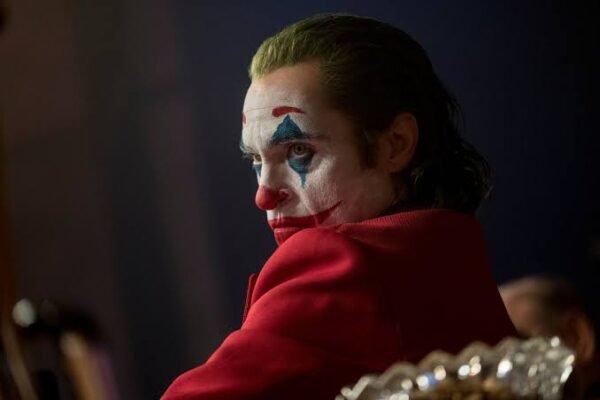
The audience leaves the theater still confused because nobody knows what is real or what is a part of Arthur Fleck’s imagination.
Furthermore, it puts us inside the mind of a madman and suggests that all of us are accomplices to the bloodshed. In an outcome that is precisely in line with the themes, Joker is scorned by the establishment and beloved by the masses.
Summary
“Joker” is a gripping character study and a commentary on the impact of a fractured society on its individuals, ultimately blurring the lines between hero and villain.
Even though the film is about the origin of Joker’s absurd demeanour, it is a thought-provoking and disturbing masterpiece of modern cinema.
In other words, the film’s provocative narrative challenges conventional superhero storytelling. It focuses on the origin story of a villain, making it bold and controversial.
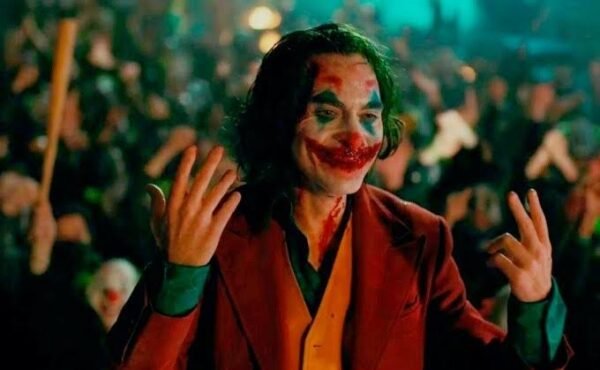
In conclusion, Joker is profoundly uncomfortable and eternally controversial. It forces us to confront the ugliest parts of the human condition. At the end of the day, isn’t that the ultimate point of a villain?
Rating: 7.5/10
Pros:
- Outstanding Performance
- Unique Origin Story
- Thought Provoking Theme
Cons:
- Graphic Violence
- Controversial Content
- Lack of Empathy
Read more by us:
Taxi Driver Review – A Forever Classic
Zodiac Review – A Case With No End



